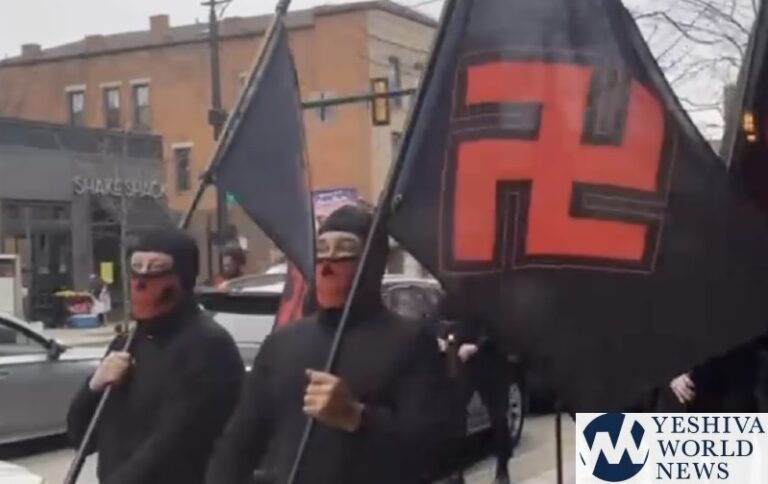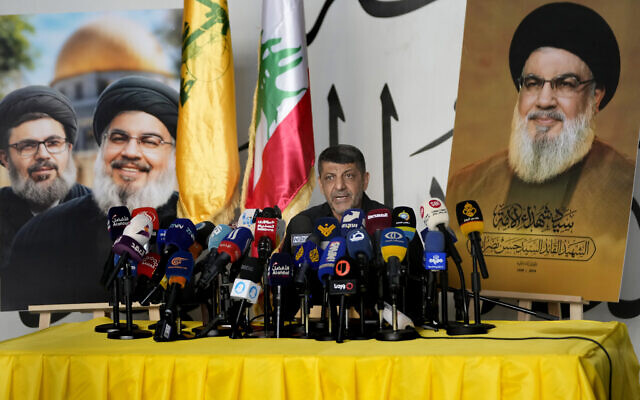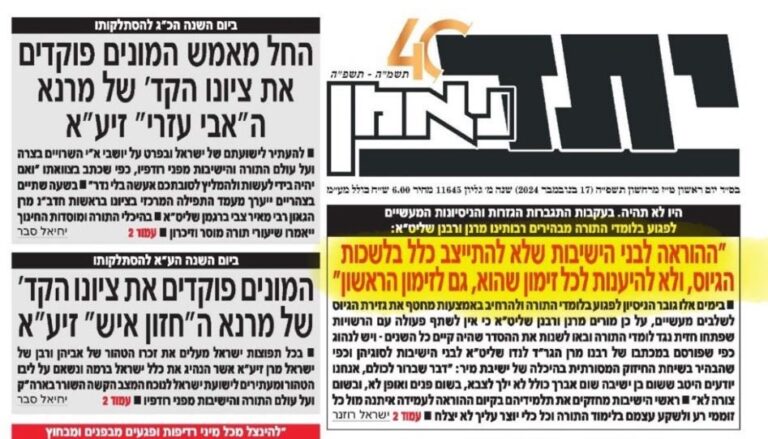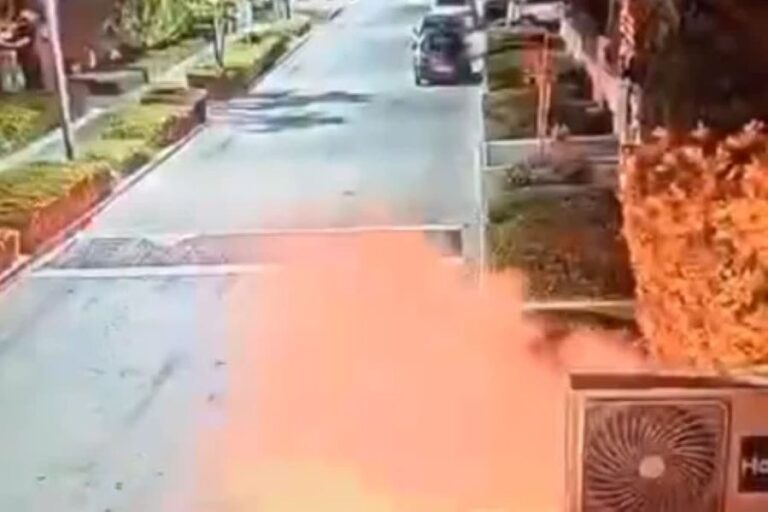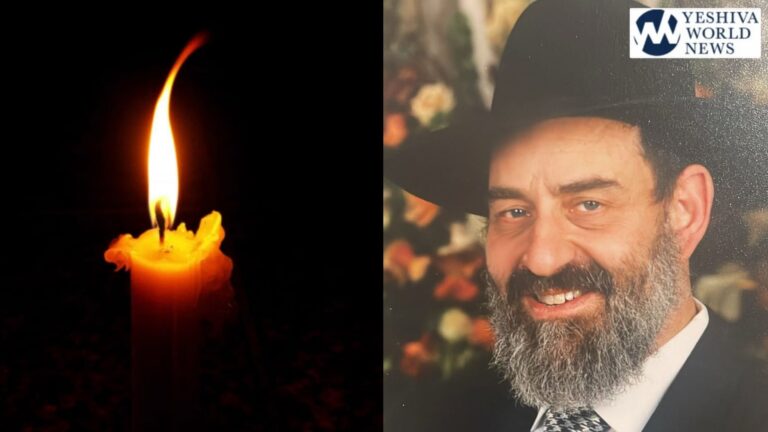 The following is a NY Post exclusive:
The following is a NY Post exclusive:
Thousands of cabbies are ignoring their required E-ZPass tags, taking the snail’s-pace cash lanes at the city’s toll crossings — a ploy that jacks up riders’ fares by an estimated $750,000 a year.
Meanwhile, taxi officials have dropped the ball on enforcing the E-ZPass requirement — costing the city millions more in lost fines.
For 10 consecutive workdays, The Post observed an average of 56 cabs taking the cash lanes at the Queens-Midtown Tunnel between 9 a.m. and 10 a.m.
“This goes on all the time,” one veteran tunnel officer said. “[At] the cash lanes, especially during rush hour, there could be a seven-minute wait. That meter is ticking.”
For duped riders, the result is a higher fare — a consequence some cabbies openly admitted.
The Post took 12 undercover rides through the tunnel, and two of the drivers used the cash lanes.
At the MTA’s five major bridges and tunnels, the cash toll is $5.50, but the E-ZPass discount drops the price to $4.57.
Either way, the customer pays the toll, which is figured into the final fare and ultimately increases the tip amount.
And then there’s the indirect cost to riders — the one that cabbies profit from.
Waiting at the longer cash lanes during slow-moving traffic could cost a rider an additional 40 cents for each minute the cab isn’t moving over 12 mph.
Factoring in a seven-minute wait at a rush-hour toll plaza and a 20-percent tip, a trip from Chelsea to Greenpoint using the Queens-Midtown Tunnel would cost a rider an extra $3.40.
Using that figure, The Post calculated the total annual extra cost to riders whose cabs would take the most popular tolled crossings: the Queens-Midtown and Brooklyn-Battery tunnels and the former Triborough Bridge (now called the Robert F. Kennedy Bridge).
It comes to $750,000 a year in overcharges — and that’s just at those three crossings at rush hour during the five-day work week.
Lax enforcement compounds the problem, hurting the city’s pocketbook because potential fines aren’t being collected.
If the Taxi and Limousine Commission hit only the 56 daily offenders spotted by The Post with a $50 fine, the city would rake in an additional $1,040,250 a year in revenue.
(Read More: NY Post)



